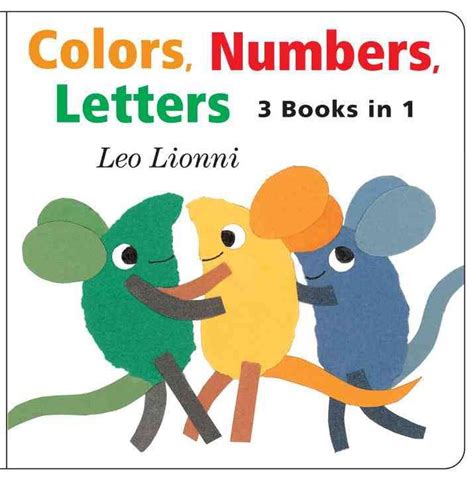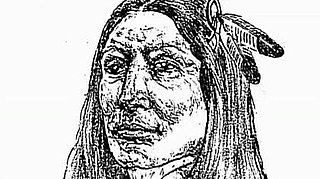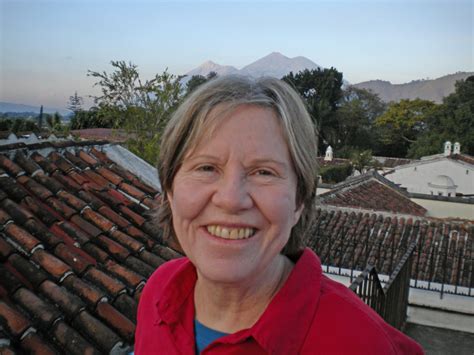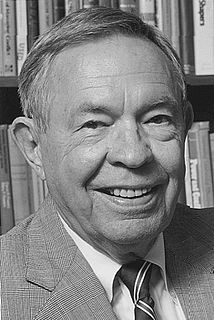A Quote by Mahatma Gandhi
Children inherit the qualities of the parents, no less than their physical features. Environment does play an important part, but the original capital on which a child starts in life is inherited from its ancestors. I have also seen children successfully surmounting the effects of an evil inheritance. That is due to purity being an inherent attribute of the soul.
Related Quotes
Modern children were considerably less innocent than parents and the larger society supposed, and postmodern children are less competent than their parents and the society as a whole would like to believe. . . . The perception of childhood competence has shifted much of the responsibility for child protection and security from parents and society to children themselves.
Children became an obsessive theme in Victorian culture at the same time that they were being exploited as never before. As the horrors of life multiplied for some children, the image of childhood was increasingly exalted. Children became the last symbols of purity in a world which was seen as increasingly ugly.
I believe that a good children's book should appeal to all people who have not completely lost their original joy and wonder in life. The fact is that I don't make books for children at all. I make them for that part of us, of myself and of my friends, which has never changed, which is still a child.
Friends serve central functions for children that parents do not, and they play a critical role in shaping children's social skills and their sense of identity. . . . The difference between a child with close friendships and a child who wants to make friends but is unable to can be the difference between a child who is happy and a child who is distressed in one large area of life.
There's a natural tendency for children to, in some sense, inherit the cultural values of their parents. I'm not against that, that's fine, that's wonderful. What I am against is labelling. Nobody ever labels a child a cricketer because his father is a cricketer, but they do label a child a Catholic because his parents are Catholic. I think it's more or less unique. Nobody ever labels a child a socialist or a conservative or a liberal because that's what their parents are.
There is a good deal of excellent research on child's play. It has shown conclusively that through play, with the freedom of action it allows and the stressless environment in which it occurs, children discover, relate to and define themselves and their world. ...It is, therefore, paradoxical that many educators and parents still differentiate between a time for learning and a time for play.
A Child of Happiness always seems like an old soul living in a new body, and her face is very serious until she smiles, and then the sun lights up the world. ... Children of Happiness always look not quite the same as other children. They have strong, straight legs and walk with purpose. They laugh as do all children, and they play as do all children, they talk child talk as do all children, but they are different, they are blessed, they are special, they are sacred.
A large part of our attitude toward things is conditioned by opinions and emotions which we unconsciously absorb as children from our environment. In other words, it is tradition—besides inherited aptitudes and qualities—which makes us what we are. We but rarely reflect how relatively small as compared with the powerful influence of tradition is the influence of our conscious thought upon our conduct and convictions.
An adolescent does not rebel against her parents. She rebels against their power. If parents would rely less on power and more on nonpower methods to influence their children from infancy on, there would be little for children to rebel against when they become adolescents. The use of power to change the behavior of children, then, has this severe limitation: parents inevitably run out of power, and sooner than they think.
The physical exercise and emotional stretching that children enjoy in unorganized play is more varied and less time-bound than is found in organized sports. Playtime—especially unstructured, imaginative, exploratory play—is increasingly recognized as an essential component of wholesome child development.









































